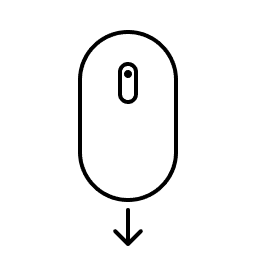Snippets about: Justice
Scroll left and right !
Justice In A Complex World
In a globalized and interconnected world, our sense of justice is often overwhelmed by the sheer complexity of causal connections and unintended consequences. Small choices we make, from the food we eat to the products we buy, can have far-reaching impacts on people and environments across the planet in ways we barely comprehend.
Our moral intuitions, which evolved for dealing with small groups of nearby individuals, are ill-equipped to handle such vast and intricate networks of cause and effect. We may feel a clear moral duty to help a drowning child right in front of us, but our feelings are much more ambiguous about the distant sweatshop workers or future generations affected by our everyday actions. Expanding our circle of ethical concern to include all of humanity, and even all sentient beings, is an immense challenge.
Section: 4, Chapter: 16
Book: 21 Lessons for the 21st Century
Author: Yuval Noah Harari
The Inverted U-Curve Between Punishment and Crime
The relationship between punishment and crime follows an inverted U-curve. Increasing punishment and enforcement does deter crime up to a point. But after that point, additional punishment stops producing gains and can even make crime increase again. This is because extremely long sentences have diminishing returns in deterrence, since many criminals are not forward-thinking enough for the difference between a 10 vs. 20 year sentence to matter.
Meanwhile, over-incarceration imposes tremendous collateral damage on communities and families, which can cause crime to go back up. Children with incarcerated parents are much more likely to become criminals themselves. Putting too many people in jail can also overwhelm and delegitimize the justice system in the eyes of the community.
Section: 2, Chapter: 5
Book: David and Goliath
Author: Malcolm Gladwell


